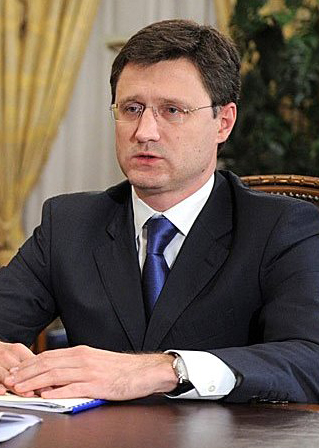Built with support from the European Union (EU), the Water, Sanitation and Hygiene (WASH) facilities will go a long way towards ensuring that people in Nigeria have access to safe WASH services.
Data from the WASH National Outcome Routine Mapping (WASH NORM) show that 47 million Nigerians practice open defecation, only 11 percent of Nigerians have access to complete basic water, sanitation and hygiene services and only 13 percent of schools have access to basic water and sanitation services.
The lack of WASH facilities in schools are of serious concern as children who do not have access to water, are most likely to lose interest in pursuing learning opportunities because they are forced to spend more time in search for water during school hours or stay out of school to recover from illness caused by frequent episodes of diarrhea. More than 100,000 children under five years of age die each year due to water borne diseases like diarrhea, of which 90 percent is directly attributed to unsafe water and sanitation.
Access to clean drinking water is a human right - just like the right to food and the right to live without torture and racial discrimination. And ending open defecation and making water, sanitation, and hygiene services available to all Nigerians is one of the biggest challenges as construction and management of facilities requires sustained investments and more partnerships, especially with the private sector. The Nigeria Government should invest 3 times more in the water sector making sure that every Nigeria has access to clean water and a toilet as the lack of access to water is impacting the wellbeing specially of the most vulnerable.
The EU, through UNICEF, is supporting the Government of Nigeria to achieve the objectives of the national campaign on an open defecation free Nigeria launched last year and the state of emergency declared on the WASH sector by the President in 2018.
The EU-funded programmes support WASH projects in urban and rural areas through the provision of water schemes, technical assistance and capacity development to sector institutions and agencies responsible, and improved access to safe water, adequate sanitation and hygiene services in communities. The European Union has invested more than 250 million Euros in the Nigerian water sector, aimed at improving the WASH conditions of more than 10 million people in 14 States across the country.
Isaac Oyimah/Editor
... Linking agrobiz, sustainable environs, people & technology











